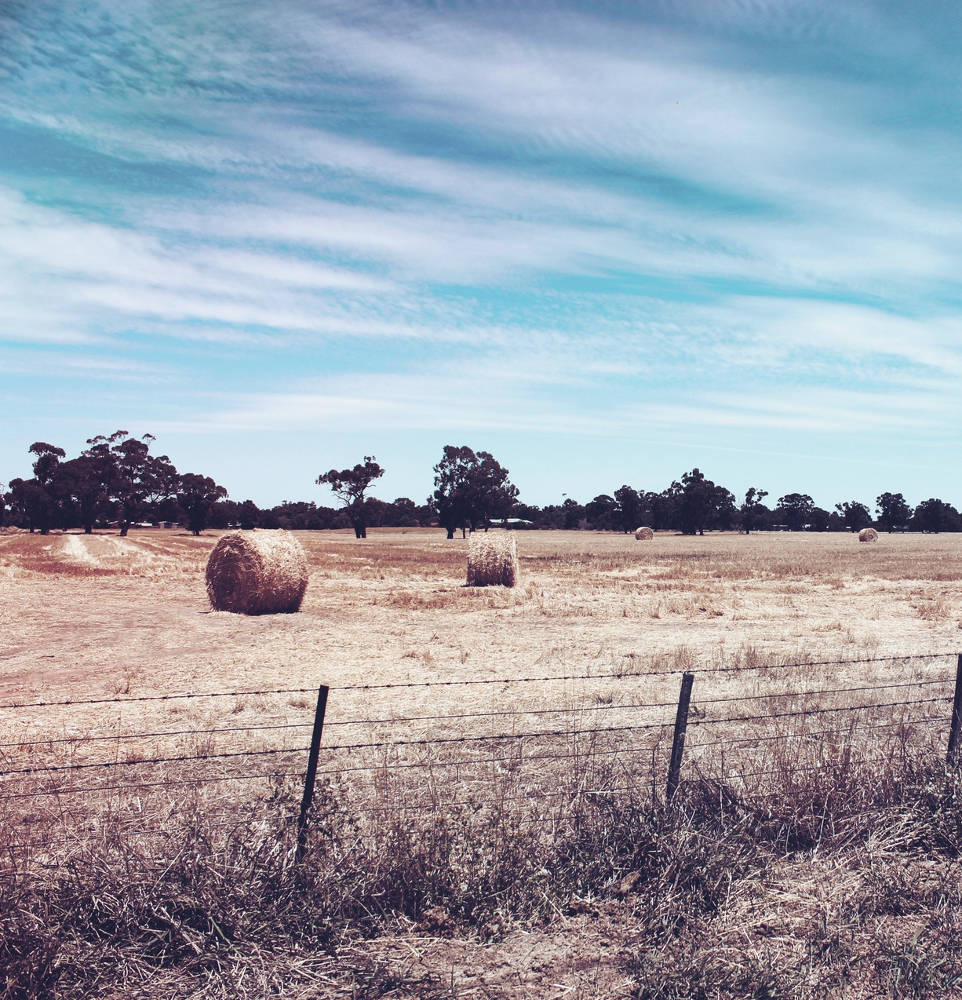April 30th is the last day you may file your Application for 1-d-1 Agricultural Appraisal. Those who file late will be subject to a 10% penalty. No applications will be accepted after the appraisal roll for the county is certified (usually mid- to late-July).
Special Use Appraisals: Agriculture
What 1-d-1 Agricultural Appraisal Is Not
This is a common misconception but an important distinction to make. Ag exemptions apply to machinery and equipment items used in the production of farm or ranch products or timber. The exemption means they can be free from tax obligation. Exemptions only affect the equipment you use to make the land work for ag purposes, not the land itself.

What 1-d-1 Agricultural Appraisal Is
Unlike ag exemptions, special use appraisals define the method by which land is valued. For agricultural appraisals, the land is valued based on how much it can produce rather than how much the land itself is worth (market value).
How Do I Qualify?
What constitutes ag use for my land?
- Cattle, sheep, goats, or other livestock:
Generally, we will consider livestock operations as qualifying for ag appraisal if the animals are ultimately ending up in the food or supply chain. For example, animals raised for meat or milk, leather, mohair, wool, etc.
- Wheat, cotton, milo, or other crops:
Provided the crop-to-land ratio meets the degree of intensity typical for our county, crops can satisfy the requirement for your land to be used primarily for ag. As with animals, the ultimate goal of growing the crops needs to be the general food or resource supply. Gardens or farm land with crops grown primarily for personal use does not qualify.
- Wildlife management:
The land’s primary use must be to preserve and cultivate indigenous wildlife. A specific wildlife management plan must be established, filed with RCAD, and followed.
- Beekeeping:
Raising or keeping bees for pollination or for the production of human food or other commercial products. The land used must not be less than 5 acres or more than 20 acres. Additional acreage will need to be used for other agricultural purposes in order to qualify.
KEEP IN MIND:
READ YOUR MAIL!
We make every effort to communicate with those who have not sent their forms back. It can get costly to lose your special use appraisal, so it's important not to ignore any mail from our office. We don't send junk mail and we won't spam you.
2022 Agricultural Intensity Standards
AG GUIDELINES
This document provides the benchmark standards used by RCAD to determine a property’s eligibility for the special use valuation. While our office makes the final judgment in approving or denying applications, taking the initiative to ensure one is meeting at least the minimum standards certainly helps.
2024 Agricultural Use Survey
This information is important for helping our office determine local productivity values in Runnels County in lieu of having to rely on values provided by the State.










Wm Huff, Ab: 1126, Su: 1
Marshall Univ, Ab: 362, Su: 511
John Campbell, Ab: 1169, Su: 1









Remember, the deadline to submit applications for the agricultural special use valuation is April 30th. Penalties may apply for late-filed applications, so don't be late!


Property owners who are building history should select 'No' to Question #2.


